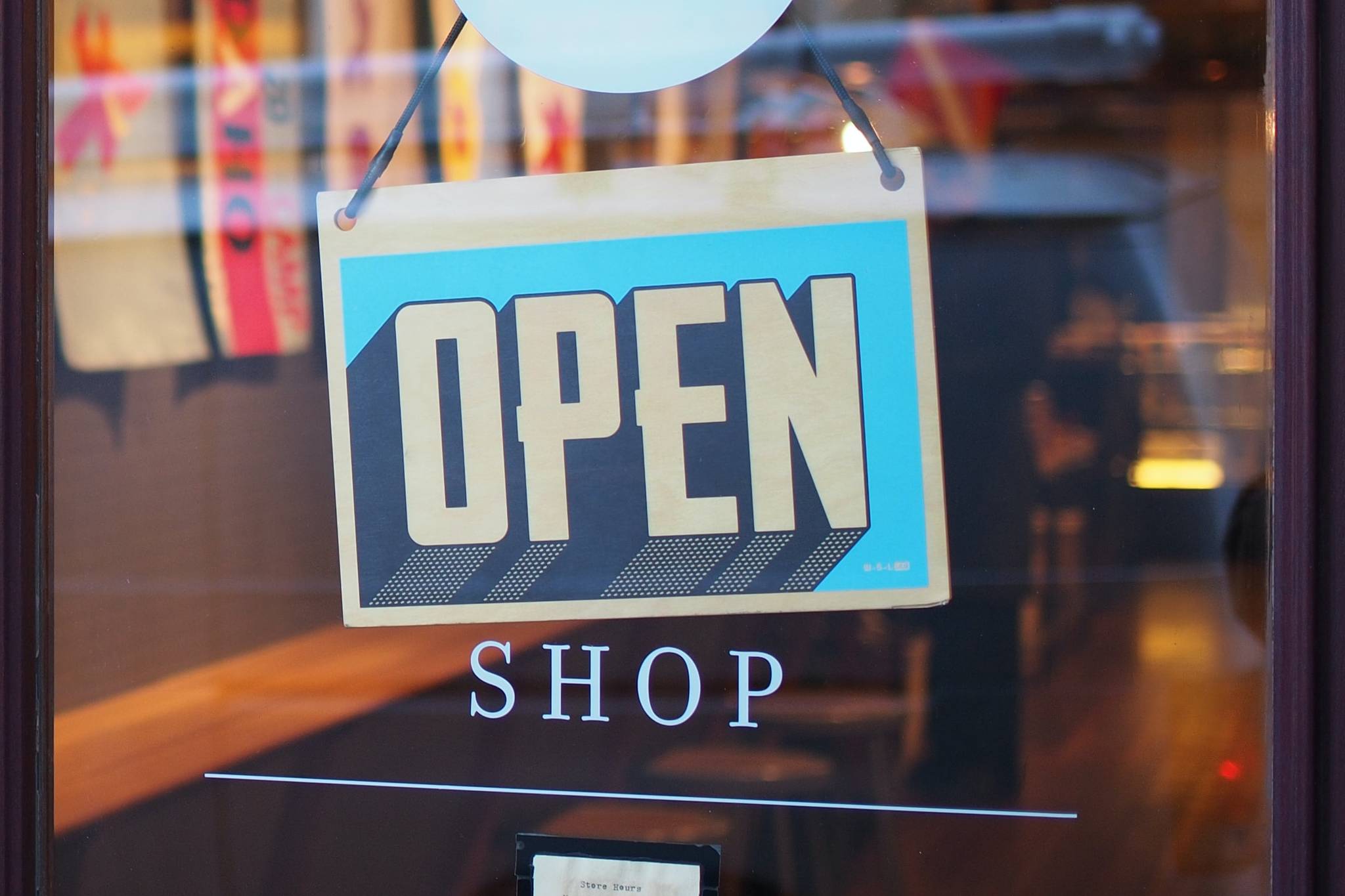Mixed reactions greeted Gov. Mike Dunleavy’s announced modifications easing emergency health mandates across the state. Some medical and government officials contended it was too soon to open up Alaska’s economy and that restrictive lockdowns should continue. Others disputed that claim, saying that with proper precautions — continuing social distancing, wearing of facemasks and appropriate hygiene procedures — it was prudent to allow some businesses to open.
Dunleavy wisely evaluated competing courses of action by balancing government’s responsibility for public safety against the economic, social and health costs of extending lockdown mandates.
Earlier, hundreds of Alaskans had participated in an organized protest of COVID-19 restrictions. Anxious to get back to work to resuscitate their businesses, frustrated with constraints on their freedom and maybe suffering from old-fashioned cabin fever, the message was clear — enough is enough.
Andrew McCarthy, a senior fellow at National Review Institute, addressed this point in a recent article. “It does not mean that expertise, in particular the mastery of science, is insignificant. It is critical. But it does not have declarative authority. Expertise is not right because it says so. It is there to help us, not order us. It has to compete. It has to convince. And unless it does, it should have no power to infringe on our liberties.”
McCarthy’s contention is that inherent in the Constitution is the abiding principle that liberty may not be restricted unless the government first convinces us that it must be. Mandates are not imposed just because a government official says so. Indeed, like our court system, the burden of proof is upon the government to prove its case before an individual’s liberty is infringed.
Most Alaskans who have contracted COVID-19 have recovered from the disease, as of this writing — 65% to date out of 351 cases. Only 37 have required hospitalization. Nine have died — two of them from out of state. Over 16,000 tests have been administered. The number of active cases peaked on April 2 and has been declining since.
These were among the facts Dunleavy cited to justify reopening the state’s economy.
“These are good numbers,” Dunleavy said. ”These are numbers that demonstrate to us, again, that we can take those steps methodically, in a calculated fashion, to get back to doing some of the work.”
Alaska’s Chief Medical Officer Dr. Anne Zink, said the state is assessing four areas in weighing what to reopen, both at the state and local level. They include the number of cases; the amount of testing; contact tracing ability; and health care preparedness.
By beginning the reopening process, the Dunleavy administration hopes to blunt the economic devastation the coronavirus has inflicted upon our state while minimizing health risks to the general population.
According to ISER associate professor of economics Mouhcine Guettabi, 62,000 individual Alaskans had filed for unemployment by late April, representing 17% of the labor force. It is expected this number will rise significantly as additional layoffs occur and self-employed workers qualify for benefits.
Alaska was already dealing with a severe structural budget deficit before the COVID-19 crisis hit. Now, our formerly robust visitor and fishing industries may essentially be closed this year. Alaska’s oil and mining industries are under extreme pressure due to collapsing worldwide demand.
Government cutbacks and layoffs at the state and local level are inevitable.
While significant federal aid will pour into the state over the next several months, Alaskans should recognize this aid is only temporary and it will never compensate businesses for the unprecedented losses they have incurred.
The proponents of lockdown have framed the options going forward as returning to work or risking death. This is a false choice.
With preventative measures and common sense, the odds of contracting the virus and being hospitalized are slight. The danger of dying in Alaska in a traffic accident is much greater than falling victim to the coronavirus.
With only five active COVID-19 cases and no current hospitalizations in Juneau, the CBJ Assembly sensibly endorsed the loosening of restrictions this week.
Alaska is not New York. Taking incremental steps towards re-opening our economy is neither dangerous nor foolhardy.
Given the available evidence, it is imperative.
• Win Gruening retired as the senior vice president in charge of business banking for Key Bank in 2012. He was born and raised in Juneau and is active in community affairs as a 30-plus year member of Juneau Downtown Rotary Club and has been involved in various local and statewide organizations. Columns, My Turns and Letters to the Editor represent the view of the author, not the view of the Juneau Empire.

